Are Solar Batteries Safe?
Sep 17, 2025
As more households and businesses transition to renewable energy, solar batteries have become a vital component in energy storage systems. Their role is to store excess electricity generated by solar panels and provide it when the grid is unavailable or demand is high. However, one question arises often: Are solar batteries safe? With modern technologies like Wall-mounted/ Floor-standing Solar Battery, Rack LiFePO4 Lithium Battery, and High Voltage UPS Lithium Battery, the answer is largely yes—when designed, installed, and used properly. Let’s examine the safety aspects, potential risks, and how innovations have minimized them.
Understanding the Core Safety Concerns
Solar batteries, like all energy storage devices, involve electrochemical reactions. The main safety concerns include:
Thermal runaway: Uncontrolled temperature rise that can lead to fire or explosion.
Overcharging or deep discharging: Both can reduce life expectancy and increase risks.
Mechanical damage: Physical impacts may cause internal short circuits.
Improper installation: Incorrect wiring or poor ventilation may lead to overheating.
Modern designs address these risks with advanced battery management systems (BMS), robust casing, and smart monitoring functions.
Why Lithium Technology Enhances Safety
Compared with older lead-acid batteries, lithium technologies—particularly LiFePO4—are significantly safer.
Stable chemistry: Lithium iron phosphate (LiFePO4) is less prone to overheating compared to cobalt-based lithium cells.
High cycle life: Reduced stress on cells lowers failure risk.
Built-in safety: Rack LiFePO4 Lithium Battery solutions include BMS to automatically cut off unsafe charging/discharging.
According to IEC 62619 certification, LiFePO4 batteries demonstrate lower thermal runaway risks even under abusive conditions, making them a preferred choice for residential and commercial use.
Safety Features in Different Solar Battery Types
Wall-mounted/ Floor-standing Solar Battery
The Wall-mounted/ Floor-standing Solar Battery is designed for both space efficiency and safety. Its key features include:
Flexible installation: Wall-mounted versions save indoor or garage space, while floor-standing models suit larger capacity setups.
Fire-retardant housing: Enclosures made from steel or high-grade polymers reduce fire risks.
Thermal management: Built-in heat dissipation channels, temperature sensors, and auto cut-off systems keep temperatures within 15°C–35°C.
Smart monitoring: Integrated BMS with app connectivity allows real-time tracking of charge status, faults, and performance.
Enhanced durability: Resistant to moisture, dust, and vibration, making them reliable in home and light commercial use.
Rack LiFePO4 Lithium Battery
The Rack LiFePO4 Lithium Battery is widely used in telecom, commercial, and industrial storage due to its modular safety design. Notable features include:
Modular scalability: Easy rack-mounted expansion without system downtime.
Stable chemistry: LiFePO4 offers high thermal stability, preventing thermal runaway.
Comprehensive protection: Each module integrates cell balancing, short-circuit prevention, and temperature monitoring.
Long cycle life: Over 6,000 cycles at 80% DOD, reducing replacement costs.
Industrial compatibility: Seamlessly integrates with UPS and telecom systems, often with SNMP/cloud remote monitoring.
Reliable under stress: Performs safely even in high-temperature or continuous heavy-load conditions.
High Voltage UPS Lithium Battery
The High Voltage UPS Lithium Battery is designed for heavy-duty applications like hospitals, factories, and grid systems. Its safety features include:
High voltage operation: Works at 192V–512V, optimized for rapid energy discharge.
Layered BMS protection: Safety at the cell, module, and system level—including over-current, insulation monitoring, and thermal cut-offs.
Certified safety: Compliance with IEC 62619 and UL1973 international safety standards.
High load endurance: Withstands fast charge/discharge rates without compromising stability.
Predictive maintenance: Smart UPS integration enables fault diagnostics and preventive alerts.
Industrial reliability: Designed for critical operations requiring uninterrupted power supply.
Data: Incidents and Safety Improvements
Battery Type
Reported Failure Rate (per million units)
Typical Protection Measures
Lead-Acid Solar Battery
35
Vent caps, manual monitoring
Standard Lithium-ion (NMC, LCO)
15
Basic BMS, temperature sensors
LiFePO4 Rack Battery
5
Advanced BMS, cell balancing, modular casing
Wall/Floor Solar Battery (LiFePO4)
3
Enclosure fire resistance, automatic cutoff
High Voltage UPS Lithium Battery
2
Multi-layer BMS, smart monitoring, certification
The data shows how modern lithium systems significantly reduce risks compared to earlier technologies.
Signs of Safe Battery Operation
To ensure that your solar battery is operating safely, observe these signs:
Steady temperature during charge/discharge cycles.
No unusual swelling or odors from the casing.
System monitoring reports within normal voltage ranges.
Quiet operation without irregular noises.
Most high-quality solar batteries now include mobile apps or online dashboards for real-time safety tracking.
How Manufacturers Ensure Safety
Reputable manufacturers implement multiple levels of safety assurance:
Cell-level protections: Stable materials like LiFePO4.
Module-level protections: Fire-resistant packaging and sensors.
System-level protections: BMS and circuit breakers.
Certification and testing: Compliance with UL, CE, IEC standards.
The integration of these measures means even High Voltage UPS Lithium Battery systems, which handle heavy loads, maintain high safety levels.
Best Practices for Safe Use
Even with advanced designs, proper installation and maintenance are key.
Always use certified electricians for installation.
Keep clearance for ventilation around Wall-mounted/ Floor-standing Solar Battery systems.
Avoid overloading beyond rated capacity.
Schedule periodic inspections and firmware updates.
Future Outlook on Solar Battery Safety
As energy storage continues to expand, especially in electric mobility and grid-scale projects, safety innovations are advancing rapidly. Integration with AI-based monitoring, early fault detection systems, and recyclable casing materials are becoming standard. The trajectory is clear: solar batteries are safer today than ever before, and this trend will only strengthen.
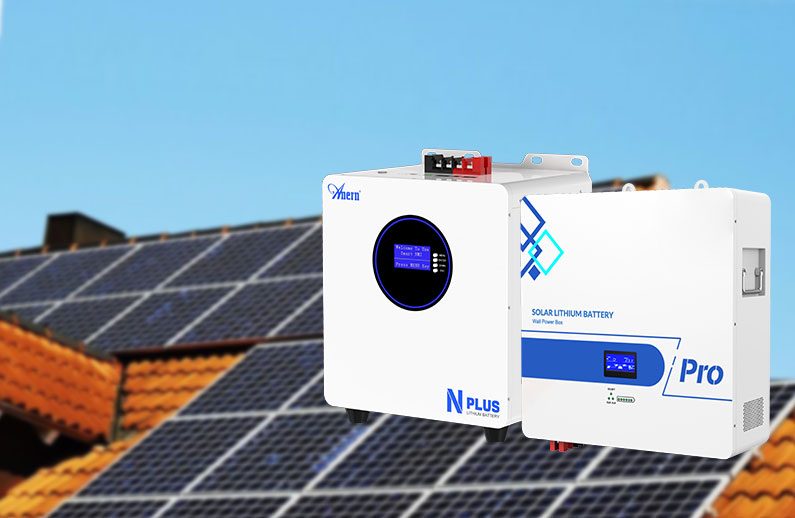



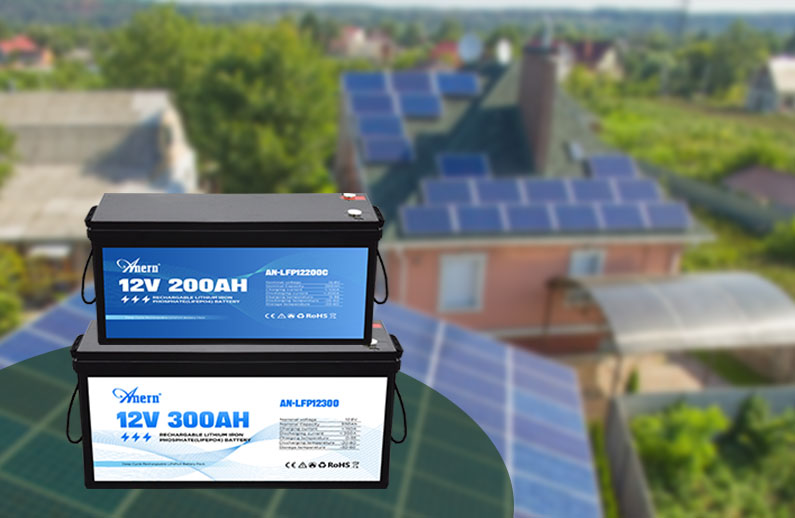
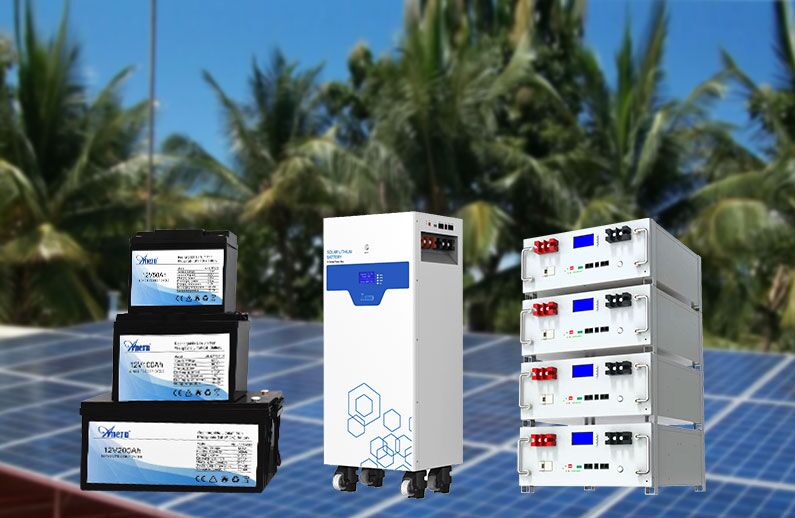
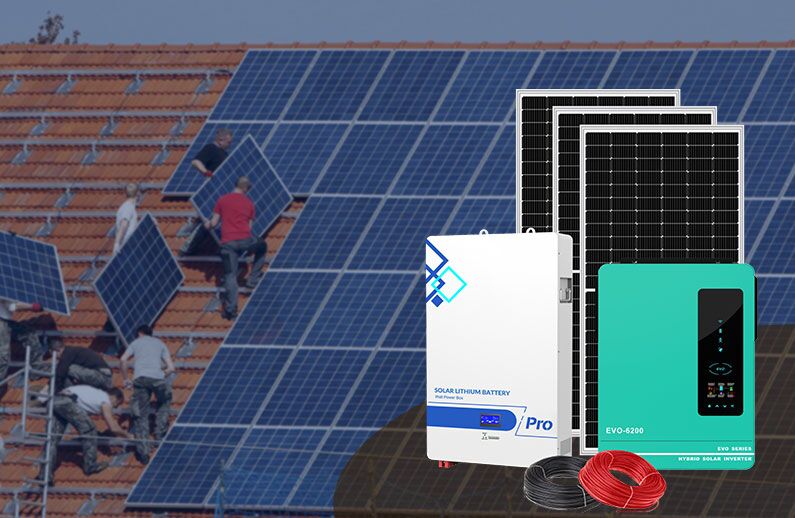
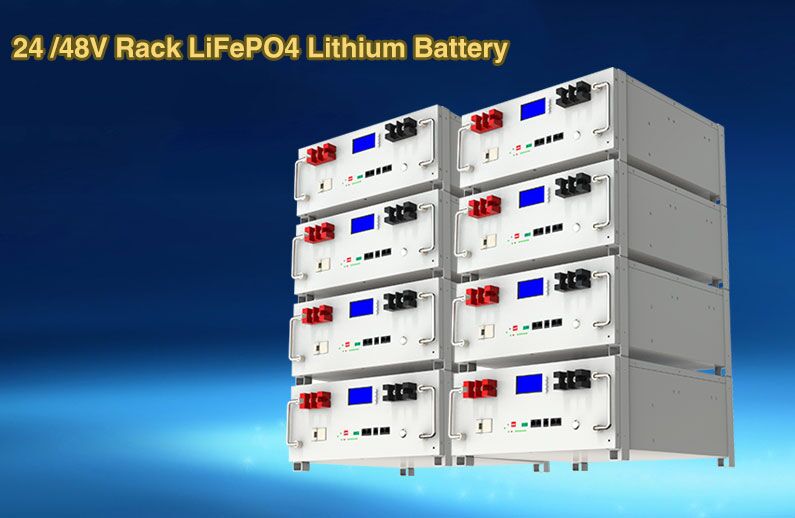

 Network Supported
Network Supported